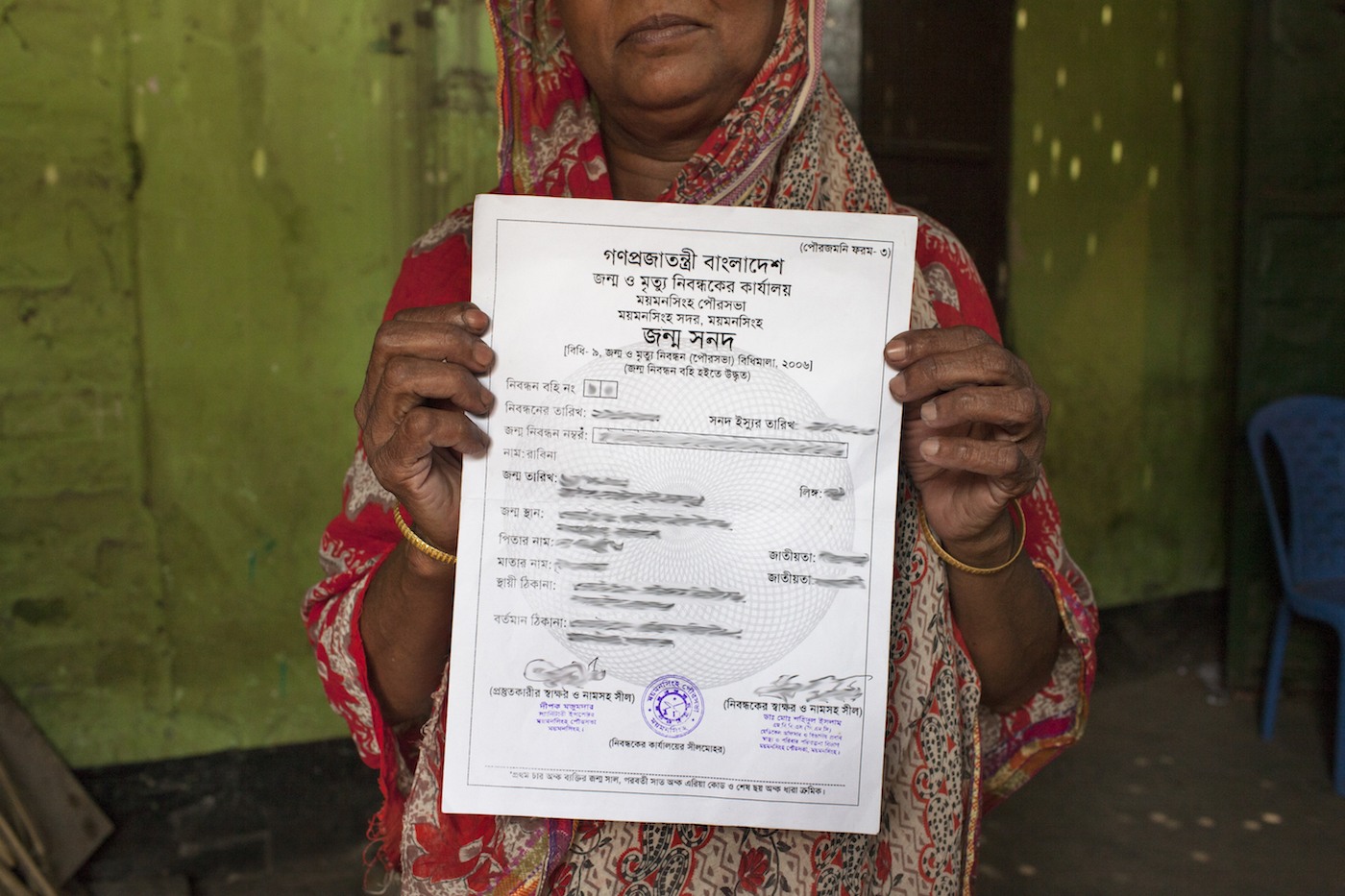Post
Doing legal empowerment differently: learning from pro-poor litigation in Bangladesh
This report on pro-poor litigation in Bangladesh from ODI features the work of Namati’s parter the Council of Minorities.
Originally published at ODI.org – and you can download the report direct from ODI here.
This case study is part of the Overseas Development Institute’s (ODI’s) work on the politics and governance of public goods and services in developing countries. As a case study of successful pro-poor legal mobilisation in Bangladesh, it contributes to the effort to document approaches and ways of working that make a difference in terms of achieving development results.
In many countries, marginalised groups and their allies use the law and justice systems to contest and improve their access to rights, goods and services. This is the essence of legal empowerment. Taking a claim to a dispute resolution mechanism, such as a court or community mediation forum, is one way poor people can use the law. Yet there is no automatic link between litigation, or other forms of legal action, and improved outcomes for poor people. The success of legal mobilisation depends not only on a favourable legal ruling or decision. It also requires the enforcement or implementation of rulings in ways that redistribute power and resources to poor people in practice.
We use two cases of successful public interest litigation in Bangladesh to explore the conditions that favour, and constrain, pro-poor mobilisation. One case centres on a 2008 Supreme Court ruling that confirmed the citizenship rights of thousands of Urdu speakers living in camps set up after the War of Independence in 1971. As a direct result of the 2008 ruling, Urdu speakers now have national identity cards and can vote, hold a passport and work in the formal sector. The second case centres on a 1999 Supreme Court ruling that has prevented the government’s forcible eviction of thousands of residents of low-income settlements in Dhaka, and continues to do so.

